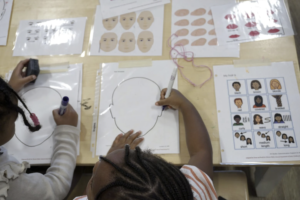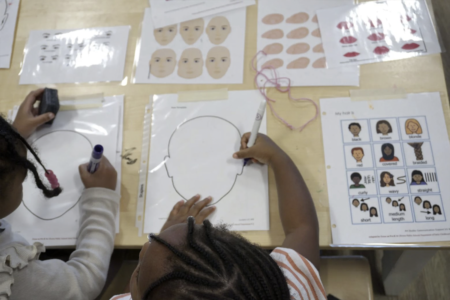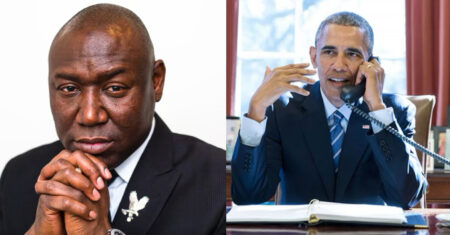By Dr. Benjamin F. Chavis Jr., President and CEO, National Newspaper Publishers Association
America’s financial system is quietly reinforcing old inequities. Black American communities — historically denied access to wealth-building tools due to practices like redlining and restrictive banking — now face a new predatory financial hurdle: credit card swipe fees.
For Black Americans, swipe fees — which credit card companies use to fund luxury points programs — act as yet another layer of systemic discrimination, forcing many to pay more while receiving less in return.
Consider how credit card swipe fees work. Every time someone uses a credit card, the merchant is charged a fee — usually between 2% and 4% — which is often passed on to consumers through higher prices. Wealthier cardholders benefit from this system, recouping costs through rewards like fancy hotel stays and airline miles. But a legacy of discrimination has left Black families with fewer wealth-building opportunities, resulting in lower homeownership rates, lower credit scores, and higher debt burdens — putting those premium credit card and their luxury rewards out of reach for many.
In simple terms, Black Americans and other communities of color are left to foot the bill for the flights and perks of those who are considerably more affluent.
Black Americans are less likely to hold credit cards — 72% ownership compared to 88% for White Americans — and often face higher interest rates. 58% of Black Americans have more credit card debt than emergency savings, compared to 30% of White Americans. Black college graduates carry $25,000 more in student loan debt than their White counterparts, which can further harm their credit scores and financial stability.
It’s a painful irony: Black Americans, who are systematically excluded from wealth-building tools, end up paying more to access the same basic financial services. These financial pressures make it hard to escape revolving debt, and harder still to enjoy the rewards that banks offer. The promise of “free” rewards from swipe fees is an illusion for those who can barely afford to pay down their balance every month. While swipe fees aren’t solely responsible for racial wealth disparities, they compound existing financial burdens, making it even harder for Black families to build savings and financial security.
Black Americans are far from the only group that would benefit from comprehensive swipe fees reform: Small business owners and advocates across the country have been sounding the alarm and leading the calls. For small merchants, swipe fees are often their second-highest monthly cost after labor. These businesses — which operate on razor-thin profit margins — are forced to raise prices to stay afloat. The average American family pays more than $1,100 a year in higher prices due to these fees.
The current swipe fee structure exists because the Visa-Mastercard duopoly controls 90% of the U.S. credit card processing market, allowing them to set and increase rates for merchants while blocking out competitors.
Swipe fee reform isn’t radical; it’s about fair competition and a level playing field. The Credit Card Competition Act (CCCA) — a bipartisan bill being considered in Congress — aims to introduce competition into this marketplace by requiring at least two competing processing networks on each credit card. This could save American consumers and businesses an estimated $15 billion annually.
The CCCA won’t end rewards programs — only the banks that offer them can decide that. In fact, a recent study found that the CCCA would have little to no impact on rewards. What the bill would do is end a broken system that preys on those with the least and benefits those with the most.
Reducing swipe fees through pro-competition reform won’t undo generations of economic inequality, but it’s a step toward dismantling one of the structures that reinforce it. A fairer financial landscape benefits everyone, not just those most impacted — and Black Americans have paid more to receive less for too long. It’s time for that to change. An inequality anywhere is a threat to equality everywhere.
Dr. Benjamin F. Chavis Jr. is President and CEO of the National Newspaper Publishers Association (NNPA) representing the Black Press of America and Executive Producer of The Chavis Chronicles on PBS TV Network. Dr. Chavis can be reached at dr.bchavis@nnpa.org.







